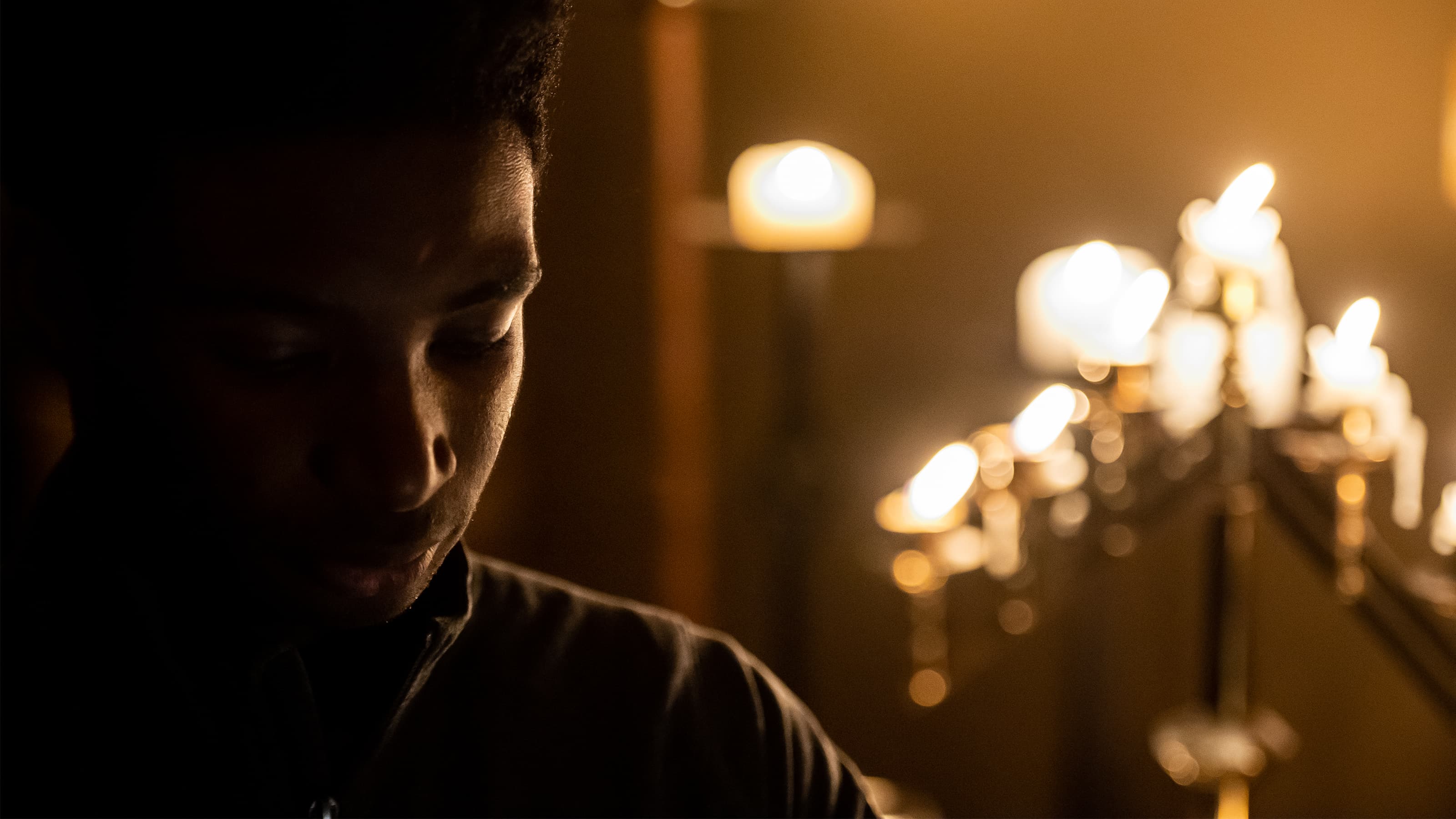Transforming Medical Waste into Mobility Devices
More than 600 pounds of prosthetic and orthotic devices were disassembled by Saint Joseph’s students before being donated to countries in need.

According to the World Health Organization, only one in 10 individuals has access to assistive technologies — prosthetics, orthotics, wheelchairs, hearing and communication aids — making the need to provide access to the more than 1 billion people who require assistive technology dire. Barriers like affordability, access to basic healthcare and a lack of awareness fuel the unmet need for these devices, especially in developing nations.
For the third year, students and faculty in Saint Joseph's physical therapy and occupational therapy programs are tackling these disparities through Disassembly Day, an event in which previously used prostheses are disassembled and sent to foreign countries where they’re repurposed into new limbs for individuals in need.
The idea started in 2019 when Lora Packel, PT, PhD, professor and chair of the Department of Physical Therapy, was working together with Jeffrey Brandt, chairman and founder of Ability Prosthetics and Orthotics, and he mentioned they hosted a similar type of initiative.
“The idea intrigued me,” says Packel. “So, we started talking and decided to partner together along with the nonprofit Range of Motion Project (ROMP) on Disassembly Day.”
While the first year’s event was small in scale, the students, faculty and community partners were still able to collect and donate a record number of components. In year two, they wanted to expand their reach even further, inviting more local prosthetic and orthotic companies to participate.
“Generally speaking, they’re all competitors,” says Packel. “They all have their own companies, their own clinic (or clinics) across the tri-state area, but this was an opportunity for them to come together for a really good cause.”
The life cycle of a prosthetic or orthotic device can vary based on the wearer’s activity level, age or growth. When the client is ready to change out or upgrade their device, it’s returned to their clinic and, prior to Disassembly Day, would've been thrown in the trash.
“For instance, the socket — the part that goes around your leg — that’s all individually tailored,” explains Packel, “so it would literally just become a part of trash day. And so, when Disassembly Day came about, we asked these companies to hold onto those devices and donate them to us. They were so thrilled to not only clean up their spaces but, more importantly, to also donate those items for a good cause.”
This year, more than 600 pounds of components were donated, taken apart and sent to ROMP and Penta Prosthetics before being shipped to countries including Ecuador, Guatemala, Vietnam and Thailand, among others. By disassembling the components, they’re able to be put back together and reconfigured based on a new patient’s needs.
In total, 25 first- and second-year graduate students volunteered for the event.
“The Disassembly event embodies and reinforces why I chose to study physical therapy: to make a person whole again, to empower them, to allow them to regain their independence and to embrace life. As is so often with these events, I feel I took away more than I gave,” says Daniella Masone ’25 (DPT). “Being able to give back to not only one's community but to those across the globe is so meaningful. A big thank you to them, as well as Dr. Lora Packel and St. Joe's University for making this event possible!”
Packel reinforces the importance of teaching social responsibility when it comes to the health professions and why events like Disassembly Day are a crucial addition to the curriculum.
As is so often with these events, I feel I took away more than I gave.
Daniella Masone ’25 (DPT)
“It’s a really good model and introduction for how physical therapists and occupational therapists can give back to their communities,” she says. “One of the ROMP ambassadors, Reggie Showers, is a bilateral below-knee amputee. Because of the efforts of PTs, OTs and P&O practitioners, he was able to rehabilitate and walk and is now a competitive athlete who helps others improve their quality of life. For the students to hear that personal story — to see his own personal drive — it encourages them in their studies and helps them see the end goal of assisting others with their mobility needs.”
Learn more about Saint Joseph’s School of Health Professions, physical therapy and occupational therapy programs.



